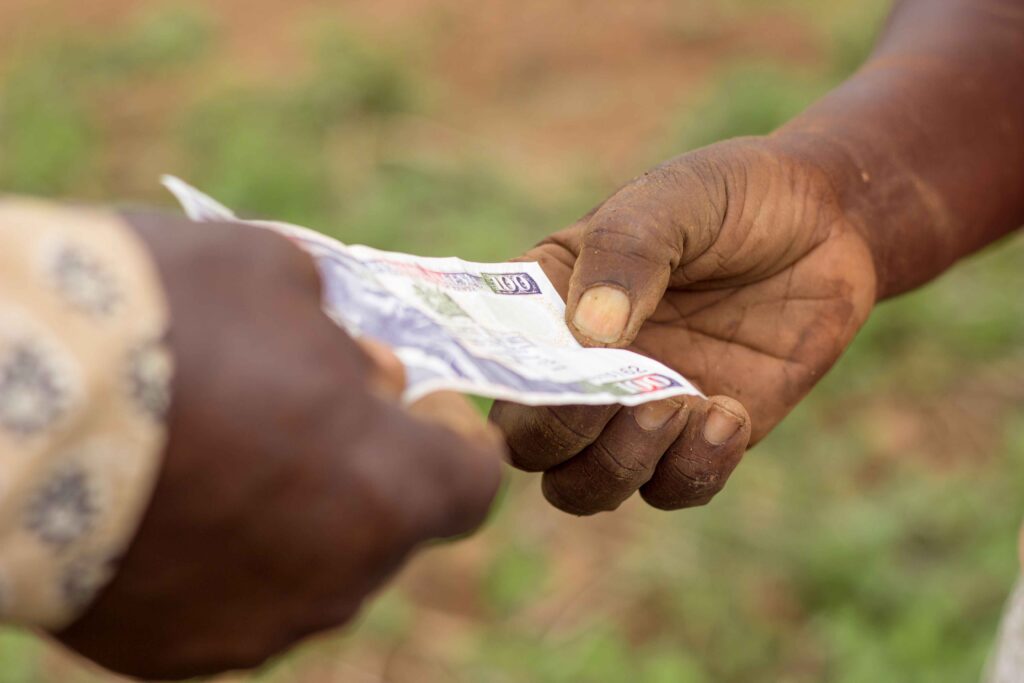The Kenyan government has declared gender-based violence (GBV) the country’s most pressing security concern, following alarming statistics and a surge in femicides. In a span of four months, 100 women have been murdered, predominantly by individuals they knew, including intimate partners. These grim figures underscore a crisis that demands immediate attention.
The Scope of the Crisis
Prime Cabinet Secretary Musalia Mudavadi referred to GBV as “the elephant in the room,” emphasizing the urgency of addressing the issue.
Between September 2023 and January 2024, there were 7,107 reports of sexual and gender-based violence across Kenya. These cases highlight the pervasiveness of violence in communities, with a shocking number occurring within homes, making intimate spaces unsafe for countless women.
According to Mudavadi, many of these incidents remain under investigation, with the judiciary working through a backlog of cases. To tackle the issue head-on, a specialized police unit has been established to address femicides, focusing on killings motivated by gender.
A Broader Context of Violence in Africa

The crisis in Kenya reflects a larger issue across the African continent. A recent United Nations report revealed that Africa had the highest rate of femicide related to intimate partners in 2023. This troubling trend highlights systemic issues of gender inequality and societal norms that perpetuate violence against women. President William Ruto acknowledged the severity of the crisis, stating that four out of five murdered women were victims of intimate partner violence. His remarks underline the tragic reality for many women who face danger not from strangers but within their own homes.
Government and Community Responses
In a move to combat this rising tide of violence, Kenya’s Cabinet has approved the formation of a presidential task force to recommend strategies for addressing GBV. This group will explore legislative, social, and enforcement measures to curb violence and support survivors.
Additionally, human rights organizations have mobilized protests, demanding justice for victims and calling for greater accountability. Their advocacy highlights the need for systemic reforms and community education to challenge the deep-rooted gender biases that fuel violence.
Mudavadi’s announcement of the specialized police unit is a step toward holding perpetrators accountable and offering justice for victims.
However, experts argue that addressing GBV requires more than law enforcement, it necessitates a multifaceted approach. Public awareness campaigns, economic empowerment for women, and reforms in the judicial system are crucial components of an effective strategy.
International organizations and local advocacy groups have also emphasized the importance of community engagement. Grassroots efforts to change attitudes around gender and relationships could prove pivotal in breaking cycles of violence.
The Way Forward
Kenya stands at a critical juncture in its fight against gender-based violence. The combination of government action, judicial reforms, and community initiatives will be key to addressing this crisis. As the nation grapples with these challenges, the hope lies in fostering a society where safety and equality prevail for all individuals.
